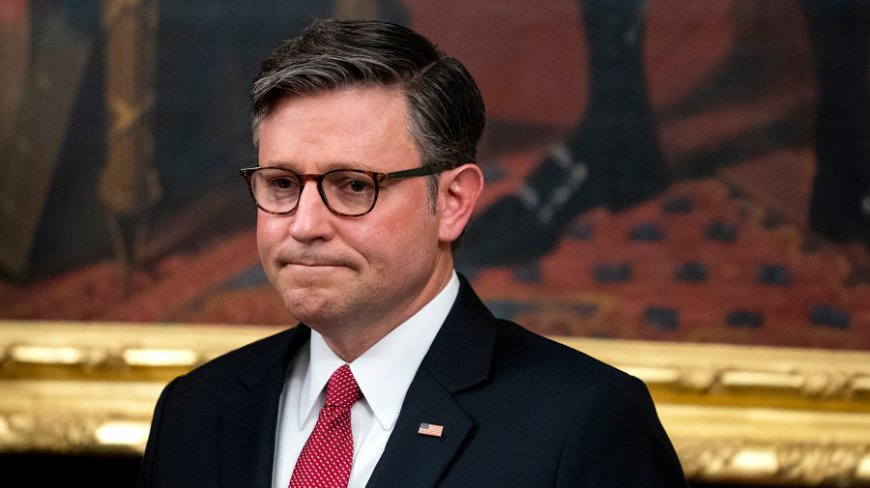A procedural vote to advance the three crypto measures — meant to run for just five minutes — remained open more than three hours later as lawmakers from across the GOP’s ideological spectrum shuffled in and out of meetings with leadership to discuss the stalled legislation.
As of publication, seven Republicans had voted “no” on clearing the procedural hurdle, including Reps. Lauren Boebert (Colo.), Tim Burchett (Tenn.), Michael Cloud (Texas), Marjorie Taylor Greene (Ga.), Scott Perry (Pa.), Chip Roy (Texas) and Keith Self (Texas) — enough to sink the vote in the GOP’s narrow majority.
Lawmakers had appeared poised to approve a series of procedural votes for the bills Wednesday, after President Trump announced a deal Tuesday night with a contingent of Republican hardliners who torpedoed a vote earlier in the day.
The situation, however, quickly descended into disarray Wednesday, as Trump’s deal failed to appease the entire hardline group, while seemingly alienating key leaders on the House Financial Services Committee.
Three hardliners — Roy, Self and Greene — initially cast “no” votes on an early procedural motion before switching to “yes” and allowing the measure to pass.
Rep. Andy Harris (R-Md.), the chairman of the conservative House Freedom Caucus, announced in a post on X during the vote that his caucus would back the rule after reaching an agreement with the president.
“Under this agreement, the Rules Committee will reconvene later today to add clear, strong anti–Central Bank Digital Currency (CBDC) provisions to the CLARITY legislation,” Harris said, referring to a bill laying out regulatory rules for the crypto industry.
“This is an important step to ensure Americans are protected from government overreach into their financial privacy,” he continued.
“We remain committed to securing these critical protections in the final legislation and ensuring they are preserved as the bill moves through the Senate and into law,” Harris added.
Leadership appeared to put that plan in motion Wednesday, alerting a 4 p.m. meeting for the House Rules Committee. Just after 4 p.m., however, that gathering was canceled.
Drama continued in the next vote — the final procedural hurdle before a final vote — when Roy and Greene once again cast “no” votes.
Rep. Bill Huizenga (R-Mich.), vice chair of the House Financial Services Committee, also initially voted against the measure.
Johnson huddled with members in his office off the House floor, after which Huizenga switched his vote to “yes,” while five other hardliners joined Roy and Greene and changed their votes to “no.”
Check out the full report at TheHill.com.




























